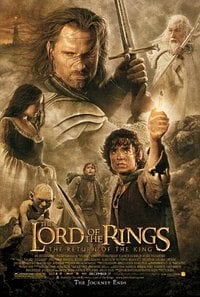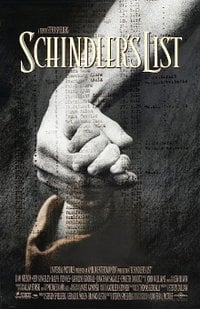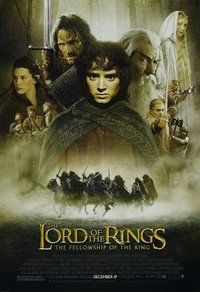
Mrs. Miniver Quotes
A British family struggles to survive the first months of World War II.
Vicar: We, in this quiet corner of England, have suffered the loss of friends very dear to us - some close to this church: George West, choir boy; James Bellard, station master and bell ringer and a proud winner, only one hour before his death, of the Belding Cup for his beautiful Miniver rose; and our hearts go out in sympathy to the two families who share the cruel loss of a young girl who was married at this altar only two weeks ago. The homes of many of us have been destroyed, and the lives of young and old have been taken. There is scarcely a household that hasn't been struck to the heart. And why? Surely you must have asked yourself this question. Why in all conscience should these be the ones to suffer? Children, old people, a young girl at the height of her loveliness. Why these? Are these our soldiers? Are these our fighters? Why should they be sacrificed? I shall tell you why. Because this is not only a war of soldiers in uniform. It is a war of the people, of all the people, and it must be fought not only on the battlefield, but in the cities and in the villages, in the factories and on the farms, in the home, and in the heart of every man, woman, and child who loves freedom! Well, we have buried our dead, but we shall not forget them. Instead they will inspire us with an unbreakable determination to free ourselves and those who come after us from the tyranny and terror that threaten to strike us down. This is the people's war! It is our war! We are the fighters! Fight it then! Fight it with all that is in us, and may God defend the right.
Vicar: [to Lady Beldon who has just entered the railway compartment he is already sharing with Mrs. Miniver] Good evening, Lady Beldon.
Lady Beldon: Good evening, vicar. Oh, oh, shopping's absolutely impossible nowadays! You can't get near the counter and when you do, they haven't got it and you pay twice as much for it.
Vicar: [laughs] What a wonderful description!
Lady Beldon: [to her servant] Sit down, Simmons, and don't snip!
[to the vicar]
Lady Beldon: My dear man, I spent the whole afternoon being pushed around by middle-class females buying things they can't possibly afford.
Kay Miniver: Oh dear, that means me.
Lady Beldon: Oh no, much worse!
Lady Beldon: Good evening, vicar. Oh, oh, shopping's absolutely impossible nowadays! You can't get near the counter and when you do, they haven't got it and you pay twice as much for it.
Vicar: [laughs] What a wonderful description!
Lady Beldon: [to her servant] Sit down, Simmons, and don't snip!
[to the vicar]
Lady Beldon: My dear man, I spent the whole afternoon being pushed around by middle-class females buying things they can't possibly afford.
Kay Miniver: Oh dear, that means me.
Lady Beldon: Oh no, much worse!
Toby Miniver: Are you going to marry Carol, Vin?
Vin Miniver: Well, since you bring it up, Toby... I haven't had the nerve to ask her.
Toby Miniver: Why not? You're brave, aren't you?
Judy Miniver: Don't be so silly, Toby. Gentlemen don't propose when they're eating.
Toby Miniver: Why not?
Judy Miniver: Well, it isn't romantic.
Vin Miniver: Of course it isn't.
Carol Beldon: Toby.
Toby Miniver: What?
Carol Beldon: Why don't you ask me if I'm going to marry Vin?
Toby Miniver: Are you?
Carol Beldon: If he asks me.
Toby Miniver: He's afraid.
Vin Miniver: Well, since you bring it up, Toby... I haven't had the nerve to ask her.
Toby Miniver: Why not? You're brave, aren't you?
Judy Miniver: Don't be so silly, Toby. Gentlemen don't propose when they're eating.
Toby Miniver: Why not?
Judy Miniver: Well, it isn't romantic.
Vin Miniver: Of course it isn't.
Carol Beldon: Toby.
Toby Miniver: What?
Carol Beldon: Why don't you ask me if I'm going to marry Vin?
Toby Miniver: Are you?
Carol Beldon: If he asks me.
Toby Miniver: He's afraid.











